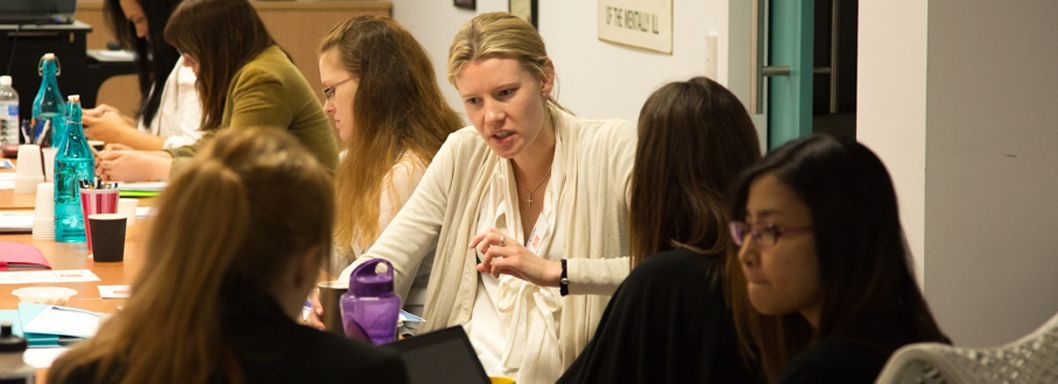What I love about facilitating support groups

Co-facilitating support groups is incredibly rewarding and I wish I’d known about WayAhead’s support groups early in my own recovery journey. Knowing how isolating and hard recovery can be, at some point in my recovery I started to feel a deep need to support others in their journeys. I’ve always enjoyed group facilitation and jumped at the chance to volunteer with WayAhead. Holding space, in simpatico with my co-facilitator, for people to connect with others and share what life is like has been a profoundly meaningful experience.
People need community, and safe interpersonal connections with people with a shared experience can give us a sense of belonging and help our recovery. Support groups can become an important part of our community. They are unique, as they fill a very specific need that’s hard to fill in any other way, even if we have plenty of personal support. We can feel isolated in our experience and finding a safe space to spend time in the company others with a shared lived experience is a gift we can give to ourselves. It’s rare to be in a community that provides a safe, confidential, non-judgemental block of time to talk about the highs and lows, as well as the little things, that come with managing a mental health issue. This can be incredibly healing and helpful for building and maintaining resilience. Sharing our inner world in a social environment makes support groups unique.
One of the greatest benefits of joining a support group is hearing about other people’s experiences. There’s twinship and validation from knowing that others face similar challenges. I’m constantly surprised at the innate understanding that comes from a group with a shared experience, even if the day-to-day life and personalities of everyone in the group are very different. People might have different experiences, but they innately understand what you are going through. They can share the lows of disappointment from bad days, goals not reached, the frustration of long wait lists, the despair of continually feeling anxious. And, of course, they can share the highs – from little successes, achieving goals or trying something new, to finding someone’s tips for managing anxiety work for you too. There’s something powerful that comes from others’ understanding that little wins are, actually, big wins.
Support groups are welcoming environments that enable people to come as they are: people with long and short term lived experiences, family, carers and friends. It’s a co-created environment; the co-facilitators might be formally responsible for keeping the space safe, but it takes the whole group to really make this happen. The delight when someone takes the risk to talk for the first time, joy mirrored after someone shares good news, and the welcome for new people are examples of how groups do this. As a facilitator, seeing a group listen, understand and share ideas and experiences, while managing their own mental health issues, is a reminder of the extraordinary strength and compassion people possess. It really is a privilege to witness the strength within a group to support each other’s mental health.
By Rachel W.
Newsletter
Stay up to date
Sign up to our Mind Reader newsletter for monthly mental health news, information and updates.